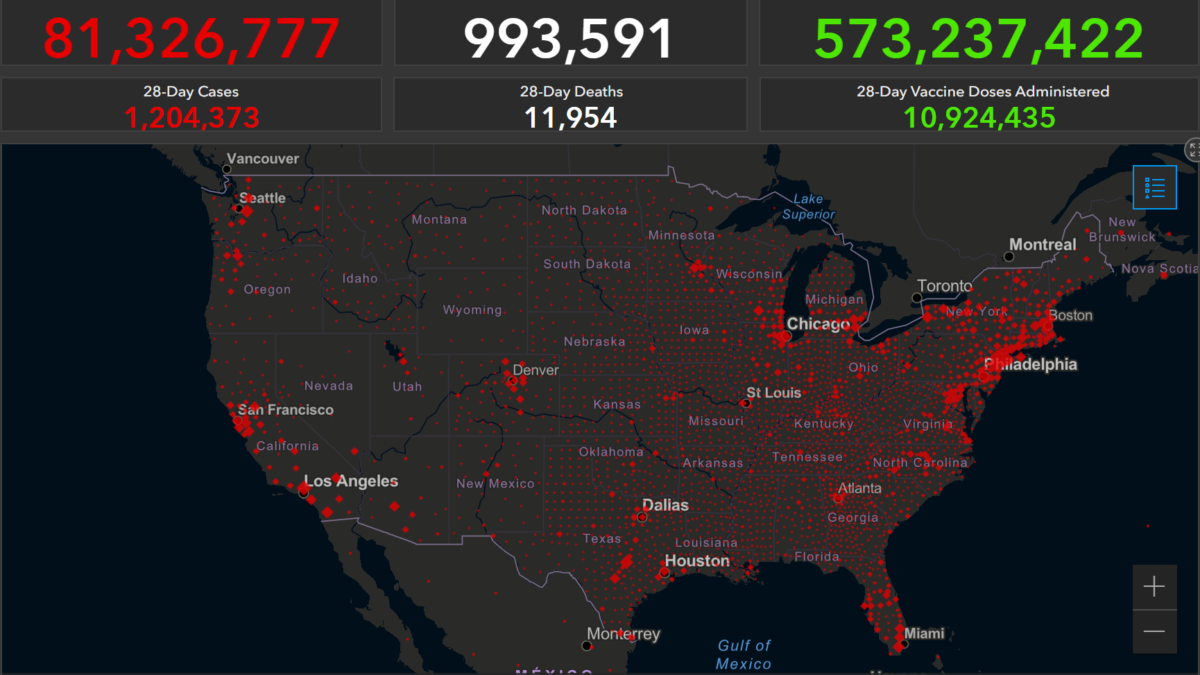China’s drought threatens farm income, drinking water, wildlife, and hydropower
By COCO LIU of ClimateWire
14 June 2011 SHANGHAI — It is an annual tradition for Chinese to race dragon boats at the end of each spring, but this year, the tradition has run aground. Many streams and lakes along the Yangtze River have almost dried up. The world’s third-largest river — stretching from the Himalayas thousands of miles to the east meeting the sea — has been experiencing its worst drought in decades. The drought is withering farmers’ wallets, threatening a Chinese species even rarer than the panda, and raising questions about a clean energy source that China hopes to bank its energy future on. “Because of the drought, what used to be a lake is now dry land,” said Liu Jinghua, a woman living by China’s second-largest freshwater lake — Dongting — which has lost two-thirds of its water over the past few months. “I have never seen such a terrible drought in my life,” said the 56-year-old. Neither have millions of others who live along the Yangtze River downstream, which is traditionally blessed with water but is now suffering a shortage. Chinese officials say extreme weather caused by climate change is to blame. This year, rainfall levels along the river have declined by up to 50 percent compared with previous years. Meanwhile, the river has been losing its ability to provide relief when rainfall is low since it has fallen victim to man-made development. The once robust natural water reservoir network of the Yangtze River was ruined as a result of converting connected lakes into farmland in recent decades, said Wang Limin, deputy director at World Wide Fund for Nature. In addition, a booming sand mining business caused water leakage into the underground. “Imagine the Yangtze River network as a water tank,” explained Wang. “As the tank is being downsized and getting holes on its bottom, it cannot possibly store and provide sufficient water once needed.” …
China’s Drought Threatens Farm Income, Drinking Water, Wildlife and Hydropower

